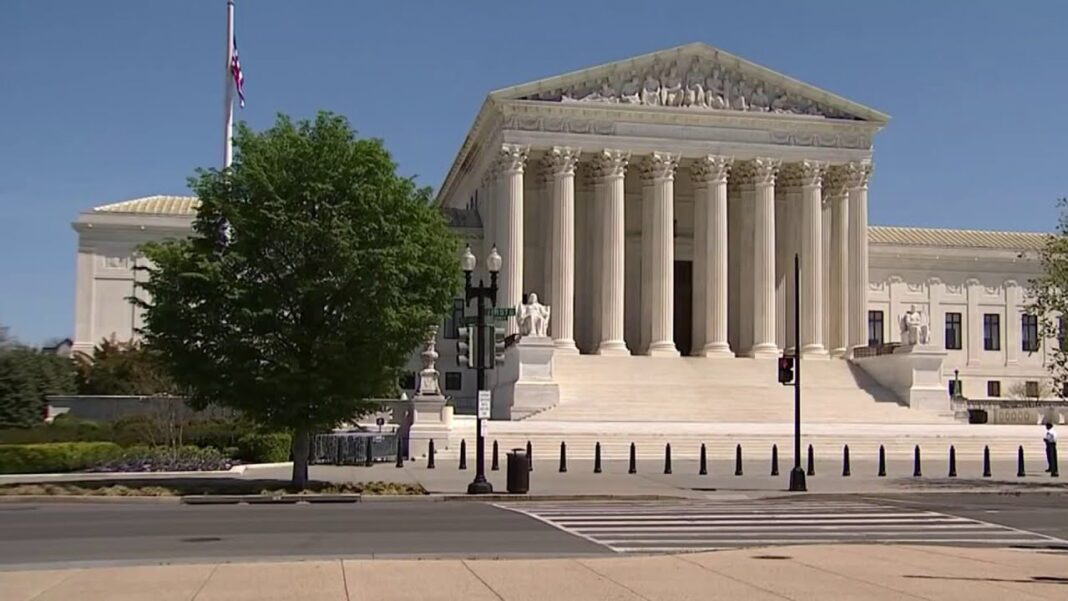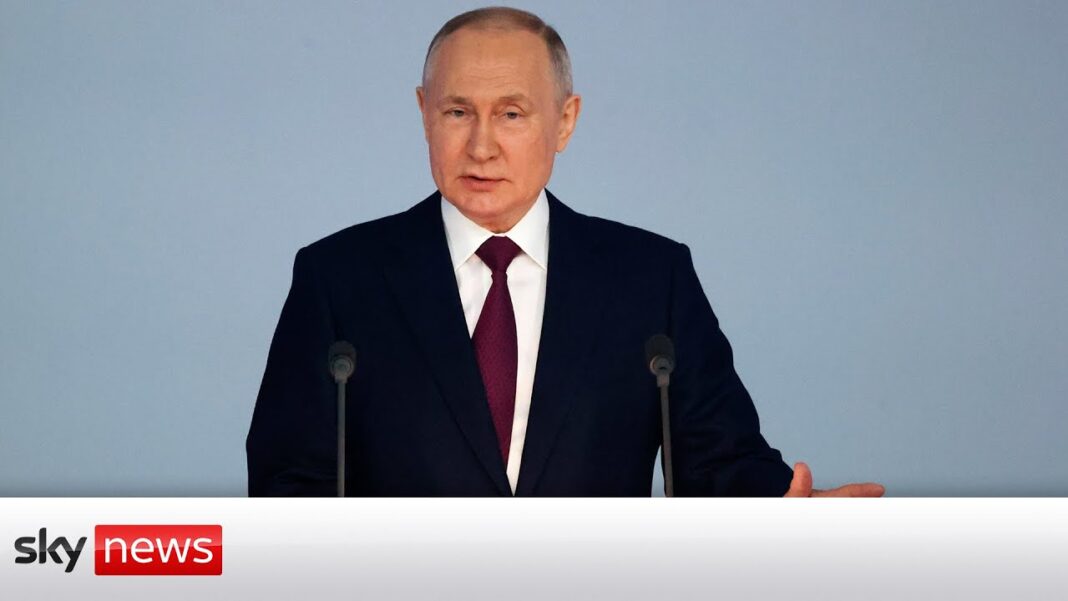President Joe Biden’s sweeping plan to partially forgive student loans will likely receive a cool reception when the Supreme Court hears challenges to the program on Feb. 28, legal experts told The Epoch Times.
Biden introduced the plan in August 2022 in a move that critics decried as a constitutionally dubious attempt to shore up Democrats’ fortunes ahead of the November 2022 congressional elections. While the Congressional Budget Office said the plan could cost about $400 billion, the Wharton School at the University of Pennsylvania estimates the price tag could exceed $1 trillion.
The student loan relief program is premised on the existence of the emergencies the Trump administration declared in March 2020 to combat the COVID-19 virus. The national emergency and the public health emergency enabled federal agencies to exercise expansive powers in managing the government’s pandemic response.
In a move that could undermine the government’s legal arguments in the pending court cases, Biden’s Office of Management and Budget said in a Jan. 30 press release (pdf) that it would extend the soon-to-expire emergencies to May 11 “and then end both emergencies on that date.”
The federal government put a pause on student loan payments and interest during the recent pandemic but then claimed in 2022 that the pandemic gave it emergency authority under the law to proceed with partial loan forgiveness. Republicans, who took the majority in the House of Representatives in January, say the emergencies aren’t justified and should be ended sooner.
About 26 million people reportedly applied under the program before courts blocked it last year. Of those 26 million, 16 million were said to have been approved before the government stopped accepting applications.
The Department of Education claims that it has the authority to move forward with the debt relief proposal, which would cancel as much as $20,000 in loan principal for 40 million borrowers, under the Higher Education Relief Opportunities for Students Act of 2003 (HEROES Act).
But lawmakers involved in the passage of the HEROES Act say the statute was enacted after the 9/11 terror attacks to provide student loan relief to military service members and their families and was never intended to be used to cancel debts en masse.









